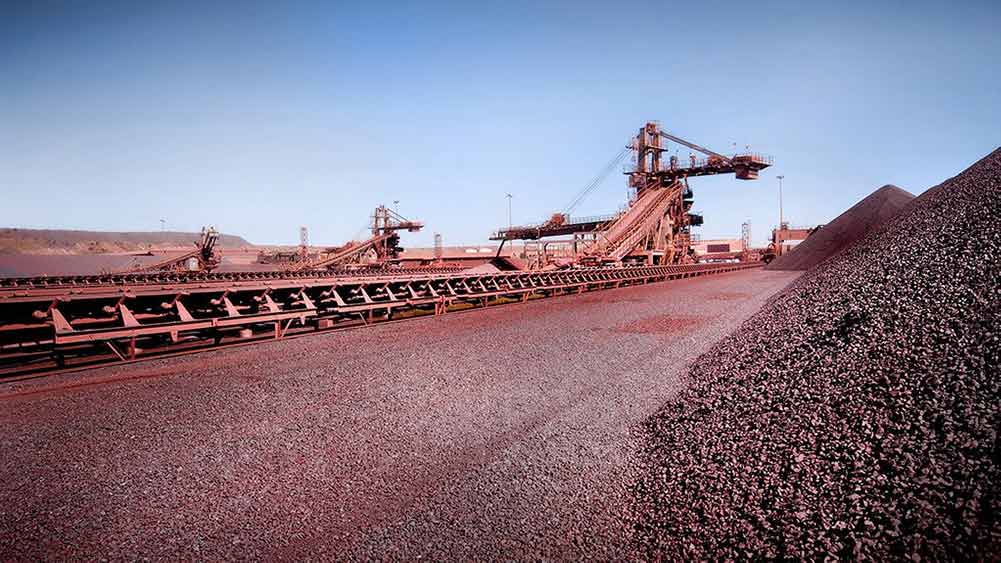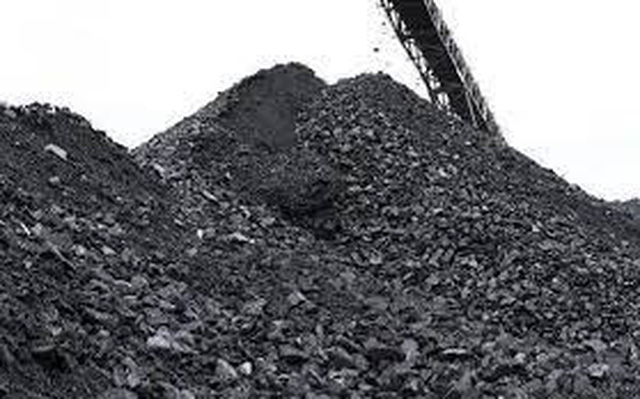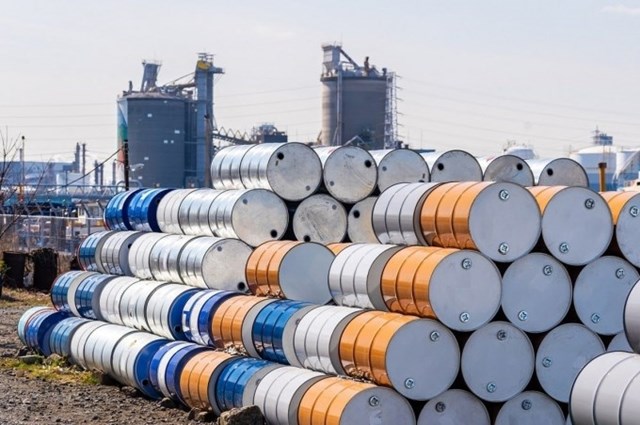Indonesia, the world’s largest exporter of thermal coal, has just allowed 37 ships carrying coal to depart after receiving approval from the authorities, the Coordinating Ministry of Investment and Maritime Affairs announced on 13th. /first.
In a statement released, the ministry said the export ban implemented on January 1 had been relaxed for miners who had met a request to sell part of their output for power generation. local authorities after state agencies buy enough coal at power plants to ensure enough reserves for 15 days.
“I ask that this be closely monitored so that this also becomes the moment for us to improve our management collaboration in the country,” said Luhut Pandjaitan, minister for the Coordination of Maritime Affairs and Investments, .
Making waves in global energy markets, Indonesia introduced an export ban after state-owned power company Perusahaan Listrik Negara (PLN) reported coal inventories at power plants fell to critically low levels. causing Indonesia to be on the verge of a large-scale blackout. PLN complained that the miners had not fulfilled their commitments to provide fuel to the company.
Indonesian authorities blame the coal supply crisis on miners failing to meet so-called Domestic Market Obligations (DMOs), which require them to sell 25% of their output to buyers as domestic power plants with a price limit of 70 USD/ton.
The ban by the world’s largest thermal coal exporter has pushed up global coal prices over the past week, and prompted Japan, South Korea and the Philippines to join calls for Indonesia to review its export policy to lower prices. charcoal.
“PLN is the one who declared the coal shortage, while we have helped secure the supply. Hopefully PLN will have a statement on the matter soon,” Energy Minister Arifin Tasrif said at a press conference today. Wednesday (January 12). He said that if the government decides to lift the export ban, it will only partially lift it.
“We will give preference to miners who have fulfilled 100% of their DMO obligations,” added Arifin, referring to “the obligation to supply the domestic market,” in which miners must sell 25% of their output for the domestic market with a maximum price of 70 USD/ton sold to power plants.
Coordinating Minister for Maritime Affairs and Investment, Luhut Pandjaitan, said on January 10
The government will allow 14 coal tankers to depart after being verified by authorities, a first sign of policy easing.
However, until Wednesday morning (January 12), all 14 coal tankers were still waiting for official approval, Transport Ministry official Mugen Suprihatin Sartoto said.
According to Refinitiv Eikon data, there were about 120 ships lined up or waiting to dock at the Indonesian coal port of Kalimantan on the island of Borneo on January 12.
PLN CEO Darmawan Prasodjo in a statement on MetroTV late Tuesday said the company has secured a commitment of 16.2 million tonnes of coal, while enough coal has been delivered for about seven -9 working days. Government officials say they want the PLN to have at least 15 days of coal reserves.
Previously, after Indonesia’s coal export ban was issued on January 1, a series of Asian countries called on Indonesia to lift the ban on coal exports on the grounds that this policy would be detrimental to other economies. economy that relies heavily on fuel for power generation. In particular, most recently, on January 10, the Philippine Energy Secretary, Alfonso Cusi, had to ask the Department of Foreign Affairs on behalf of the Philippines to intervene and call for the approval of the cooperation mechanism of the Association of Southeast Asian Nations. Asia (ASEAN). The Philippines is up to 70% dependent on imported coal in 2020.
Meanwhile, from Japan, a spokesman for JERA, Japan’s largest electricity producer, last week also said: “We are closely monitoring developments in negotiations between the local coal industry and the local coal industry. government of Indonesia”, and “In the event of a prolonged ban, we will procure flexible coal through our global trading subsidiary”. Indonesian coal accounted for about 19% of Japan’s total coal demand last fiscal. It has asked Indonesia to allow five ships loaded with coal to begin their journey to Japan.
South Korean Trade Minister Yeo Han-koo also video-called his Indonesian counterpart on January 7 and said he was “concerned about Indonesia’s coal export ban and strongly requests the Indonesian government to cooperate to quickly resumption of coal exports”.
Even Indonesian coal producers are eager for the Government to allow exports to return.
Hendra Sinadia, chief executive officer of the Indonesian Coal Mining Association, said the group has held calls with Chinese coal importers to ease customer concerns.
Indonesia’s ban has sent coal prices up in China and Australia this past week, while the number of ships scheduled to carry coal to major customers such as Japan, China, South Korea and India has been in a state of disrepair. hovering off the coast of Kalimantan, where Indonesia’s main coal ports are located.
According to Minister Luhut of Indonesia, the Government will soon conduct a review on the issue of removing the export ban, and if it is decided to cancel the ban, it will be done gradually while assessing the impact of the resumption of exports. about compliance with rules known as Domestic Market Obligations (DMO). Under DMO regulations, miners must sell 25% of their output in the domestic market to domestic power plants for up to $70 per tonne.
Mr. Luhut said the Government will come up with a new pricing formula so that PLN will pay the market price for coal. That formula might involve collecting a coal tax. Indonesian authorities will discuss the plan within a week, and will review DMO compliance monthly.
Indonesia Coal Mining Association CEO Hendra Sinadia said the group appreciated the easing of the export ban and would comply with the government’s decisions. Meanwhile, PLN has not yet commented.
The Indonesian government also said it would secure all of PLN’s 2022 coal demand within two weeks of the resumption of exports to mitigate future supply risks at domestic power generation plants. The utility said it had 13.9 million tonnes of coal in reserve, but wanted 20 million tonnes to achieve the equivalent of 20 days of use for its thermal power plants.
T&G International Joint Stock Company
Address: 352 Hue Street, Le Dai Hanh Ward, Hai Ba Trung District, Hanoi
Hotline: 0345786803
Email: hrm@tginterjsc.com
Website: http://tginternationaljsc.com




















